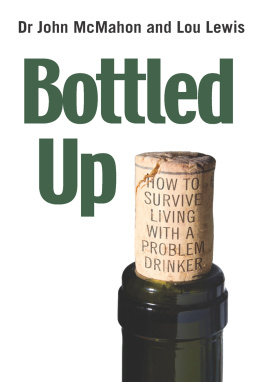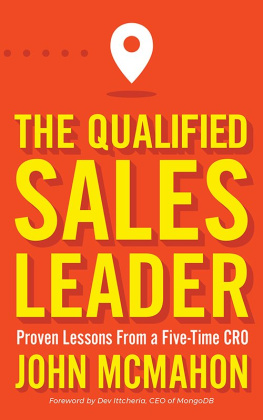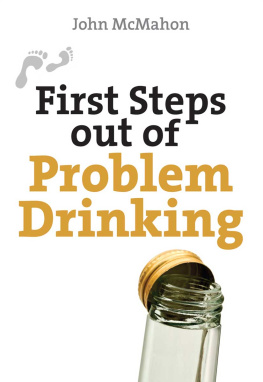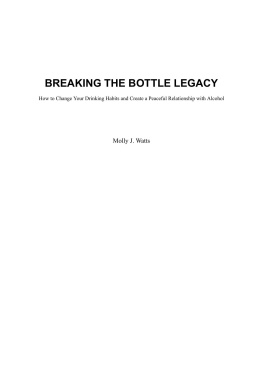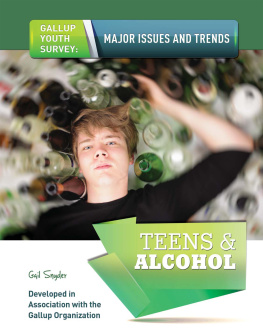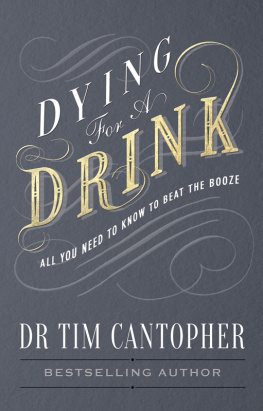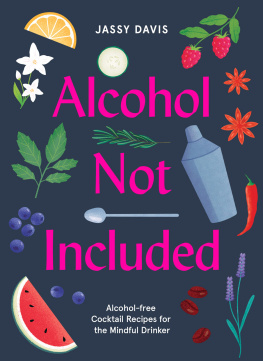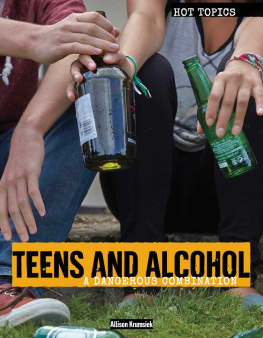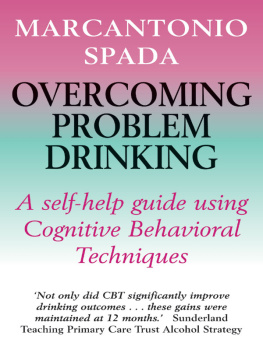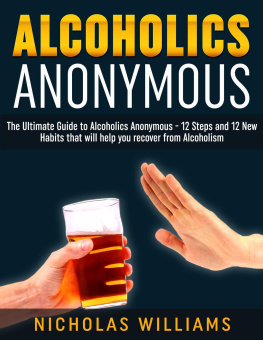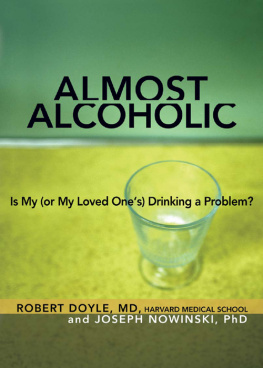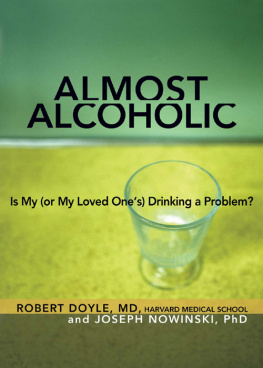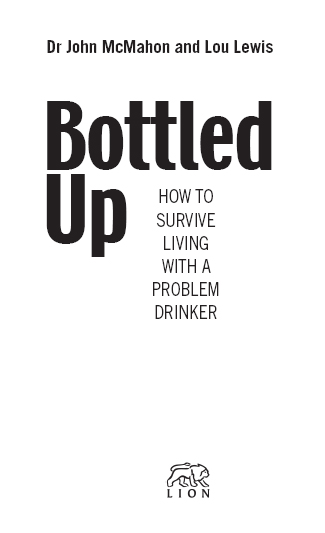Introduction
Many of the audience came up afterwards to thanks us. Some of them said very encouraging and positive things, and there was a lot of emotion flying round the room. It had been quite an amazing day and we were relieved and exhilarated, exhausted but tremendously energized. For both of us, the past few days had been a liberating experience.
Secrecy, shame, guilt, and fear of disapproval were familiar companions for us. Here we were: we had just delivered a public seminar on the Bottled Up programme. The people in the audience were mostly professional therapists with their own practices. There were also some individuals who had been attracted by the advance publicity in the newspapers and on the radio. Both of us had stepped out from our professional personas. We had talked about our personal experiences and we had carried out a bit of role play, again from personal experience. The result? A wonderful reception, and feedback and evaluations to die for.
A couple of days earlier, after a lot of internal agonizing, Lou had disclosed that she had lived with a problem drinker for twenty-nine years. That is a difficult task for most people. Lou did it on national radio! Most of her friends and clients did not suspect her burden.
John had spent years lecturing to students and giving papers at national and international conferences. During that time his secret had been well hidden: few people suspected that John had once been a hopeless drunk and drug user, or that since being hospitalized in 1984 he has been clean and sober.
So for both of us this was an especially poignant day. Indeed, for the seminar participants it seems to have been special too. It is a wonderful realization that your experiences and troubles are no longer a burden of shame but can instead be a key to set others free. This shame, which we had spent so long hiding, could now be declared proudly as a means to help other people. Our triumph was not that we were wonderful presenters but rather that we had shared our pain and struggles.
What made that possible was not only, as they say, that we had walked the walk, but that we had scientific knowledge and the experience of being therapists as well. Having experience alone can, for some people, be very limiting and make them narrow-minded (they sometimes believe that everyone is exactly the same as themselves). Having a broader context knowledge based on study and professional practice to inform and embed that experience brings balance. The result can be something very powerful. We hope that you find that power for yourself in this book. However, before you get too far into the programme let us introduce ourselves.
Who are we?
Lou says
I am a singer/songwriter and counsellor living in southwest England. I have two children, now in their early twenties, and was married to my first husband for nearly thirty years. He was a good man, who really loved me and his family, and did everything in his power to enable and support my singing career, which at one stage of my life was pretty successful, doing TV work, recording albums, and performing regular concerts.
Between us, however, we had a dark secret that only those very close to us had any idea about. My husband had a real problem with alcohol. When he drank, which he did on a regular basis, his intake was too high and it affected his behaviour, particularly in the evenings. When he tried to do without it, he managed for a while. He would then go on binges that left the entire household traumatized and distressed.
Dont get me wrong: when I look back, I see how badly I handled the situation at first. Understandably, I was angry, so I screamed and shouted. Understandably, I was upset, so I sobbed and pleaded. Understandably, I felt helpless, so I bullied and threatened. Understandably, I felt betrayed by the lies and broken promises, so I sulked and withdrew from him. Understandably, I was confused because I knew he loved me, so I felt that if I could find the right words, the right plea, the right moment, the right sort of help, he would change and our family life would be saved. I dedicated my life, on one level, to making him better, and it felt, at times, that he was dedicating his life to evading my help.
My situation began to improve (sometimes quite considerably) when I started to identify and own self-defeating cycles and put my energies into areas open to change and growth. My husband died sadly (but courageously) of cancer in 2007. By then we had learned to reduce the problems that drinking was causing, and the stormy times, though not completely absent, were much less frequent and nowhere near as devastating for me or my family.
Although my circumstances have changed dramatically over the last few years since his death, these years have shaped the person I am now and they have left me with two strong legacies: a deep empathy with those who walk this particular path and a desire, in some way, to reach out with help, maybe information, but definitely support, understanding, connection, and interaction. I want to help with directing peoples energy away from what is elusive to what is possible, helpful, and life-changing.
John says
In 1994 I graduated with a PhD in psychology from the University of Glasgow. My wife and my mother looked on proudly as I paraded in my rented gown (I didnt want to return it afterwards). The sun shone and everyone had strawberries and champagne on the lawn; everyone but me, that is. Few people realized that behind this very happy scene was a story that was best summed up by the wife of my supervisor when she said that I had gone from a drunk to a doctor in a decade.
I was in a good place: I had a couple of jobs to choose from and had been awarded a large grant to continue my research. I spent the next fifteen years on research, teaching at masters and doctoral level. I wrote papers for prestigious journals and regularly presented work at conferences around the world. I also helped organizations to train therapists and design their treatment regimes.

